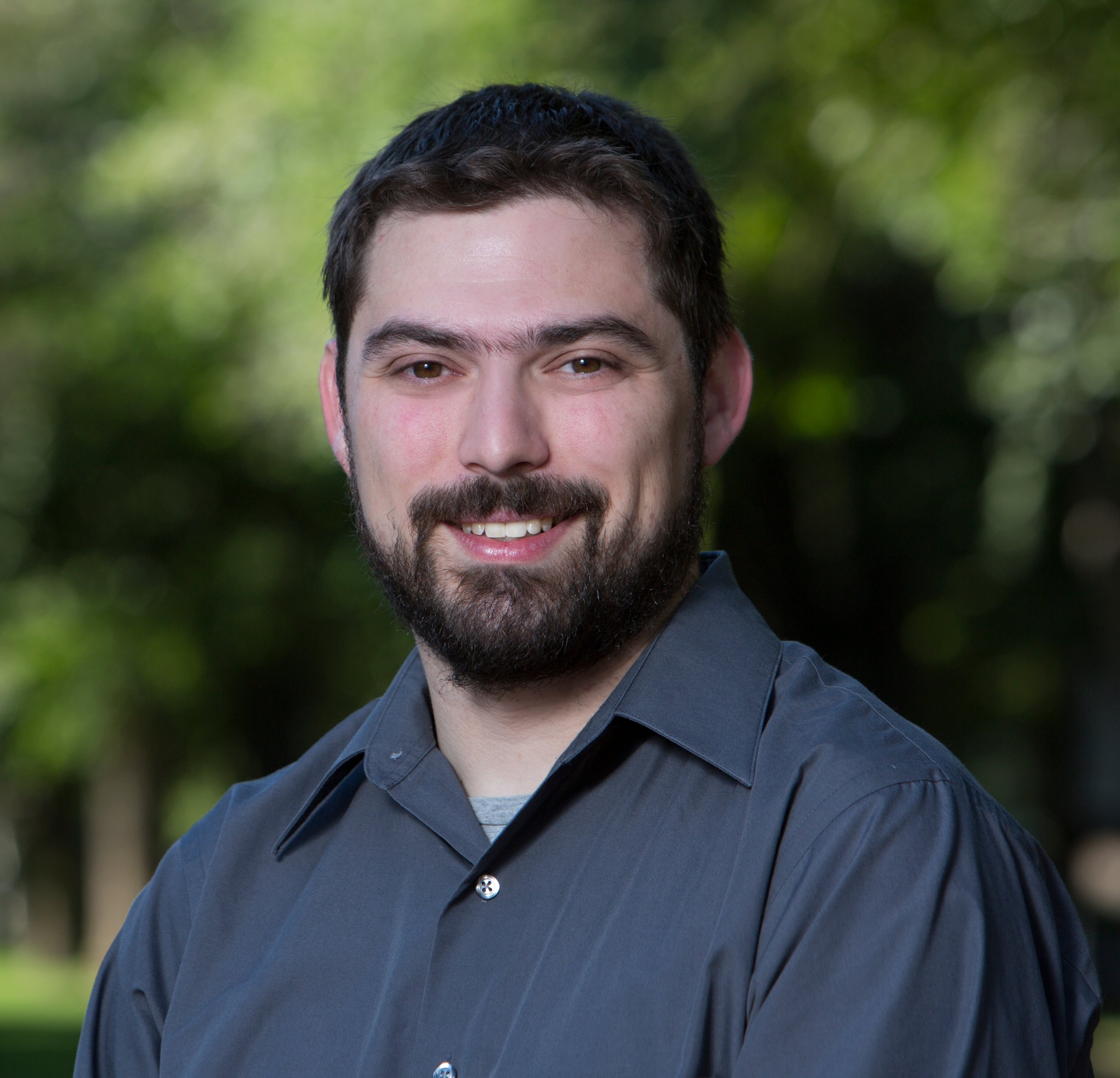Publication Details
- Keywords:
- embodiment
- Perceived Social Intelligence (PSI)
- asynchronous remote community
Abstract
Socially Assistive Robots (SARs) are increasingly regarded as promising tools for schools of speech-language pathology providing interactive assistance to children with communication disorders. The present paper explores the implementation of SAR4SLPs (Socially Assistive Robots for Speech-Language Pathologists) to investigate aspects such as engagement, therapeutic strategy discipline, and consistent intervention support. The current application of SAR technology in clinical and educational settings is assessed, especially concerning the use SLPs can make of these robots in their therapeutic work. An asynchronous remote community (ARC) collaborates with a cohort of practicing SLPs to determine effectiveness, feasibility, and challenges with implementing SARs into day-to-day interventions and as practice facilitators. The collaborative design and iterative development of SARs for specific treatment goals in SLP therapy interventions are highlighted in the paper
Author Details
| Name: | Denielle Oliva |
| Status: | Active |
| Name: | Abbie Olszewski |
| Status: | Active |
| Name: | David Feil-Seifer |  |
| email: | dave@cse.unr.edu | |
| Website: | http://cse.unr.edu/~dave | |
| Phone: | (775) 784-6469 | |
| Status: | Active |
BibTex Reference
title={SAR4SLPs: An Asynchronous Survey Exploring Speech-Language Pathologists’ Experiences and Perspectives on Socially Assistive Robots},
author={Denielle Oliva and Abbie Olszewski and David Feil-Seifer},
year={2025},
month={March},
pages={8},
publisher={IEEE},
booktitle={International Conference on Robot and Human Interactive Communication (ROMAN)},
}
HTML Reference
Support
AI Institute for Transforming Education for Children with Speech and Language Processing Challenges, National Science Foundation PI: Venugopal Govindaraju, co-PI: David Feil-Seifer, Amount: $20,000,000, Jan. 15, 2023 - Dec. 31, 2027
